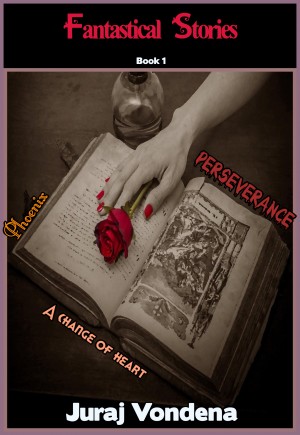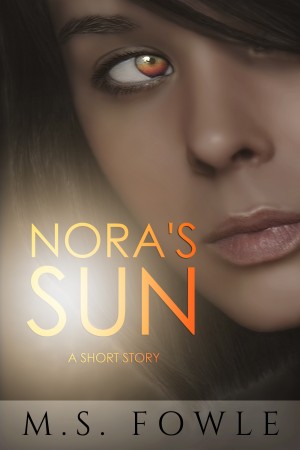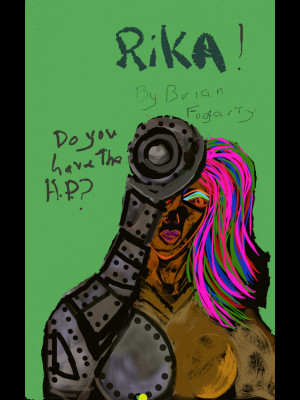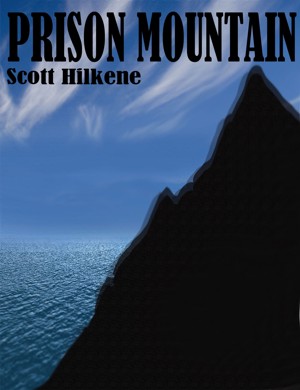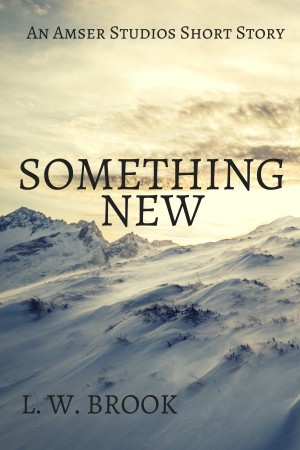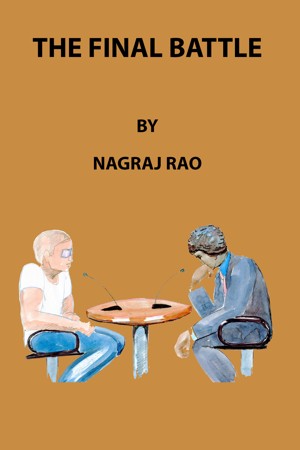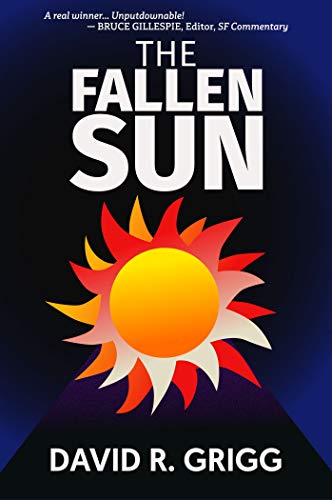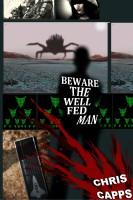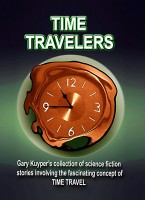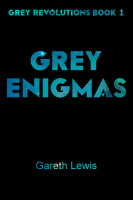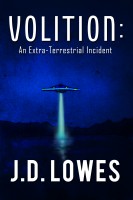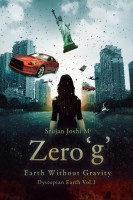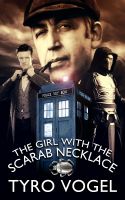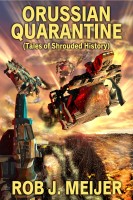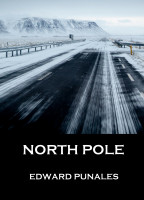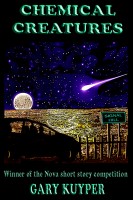It’s been exactly five months since I posted a review. That mainly means laziness in writing reviews, not lack of stories to review.
Last year, when
Smashwords had its annual sale in July, I picked up a lot of stories for free. The year before, I had done the same, but this time I was more cautious. I read the reviews and looked at the ratings. It wasn’t just the cover (ha ha, mostly I ignore covers of self-published books if they aren’t much to look at; a poor cover does not dissuade, though a good cover certainly attracts). It wasn’t just the blurb. It was the average rating, the number of ratings, and the actual reviews.
A good review certainly made me consider a download.
So, it’s time to pay back.
Each of these reviews will also be posted on smashwords. I’ve got about 37 to write, and I won’t necessarily remember all the stories from their names, so I might just reread all of them (heh heh). This means I need to have a quick way to do the reviews, while still doing justice. So here’s how I plan to do it:
Star rating. 1 to 5 stars, which mean: Awful, avoid; mediocre; tolerable; liked, enjoyable; terrific, recommended.
Synopsis: sub-categorisation and a wee bit about the story itself, so you can decide if it’s the kind of thing you like.
What’s good: I’ll mention plot, novelty, characterisation, lesson learned (if any), writing style.
What’s not good: Only if relevant, but things like poor grammar, weak plots, cliched language or plots will show up here.
So, let’s get to it. It’s in reverse order; the stories I read most recently first. The covers I found attractive are included here.
Science Fiction | Expressions of Freedom | Gareth Lewis
Star rating: 4 (enjoyable) ⭐⭐⭐⭐☆
Category: Will AI take over the world?
Synopsis: A curious journalist investigates rumours that all is not well with the foundations of democracy in a near-future world where everyone votes for everything, since it’s all technology-enabled via your personal AI.
What’s good: The protagonist is quirky and likeable. The villains are villainous without being demonic. The personal AIs and new tech are woven in neatly. Smooth writing, no hiccups.
What’s not good, if anything: A wee bit predictable.
You can find the story
here. There is also a detailed review by Francis W Porretto there, which will tell you all you want to know about the story. Hat tip!
Science Fiction | Back Again (the short story) | Susan May
Star category: 5 (recommended) ⭐⭐⭐⭐⭐
Category: Time travel, fate
Synopsis: A taut, breathless-speed story about a woman stuck in a time loop, reliving the death of her little boy, trying with all her soul to change the outcome. There are three main characters, the mother, the woman who runs over the boy while focused on texting rather than driving, and the presence of the boy which the reader and the other two are keenly aware of, but who remains oblivious through it all.
What’s good: Everything. Plot, characterisation, plot twists, writing quality, high emotion, suspense.
What’s not good, if anything: -
You can find the story
here. It has many good reviews, and was subsequently expanded into a book (like
Nightfall and
Flowers for Algernon and other classics, it probably did equally well in a longer format, but I haven’t read that version).
Science Fiction | Beware the Well Fed Man | Chris Capps
Star category: 5 (recommended) ⭐⭐⭐⭐⭐
Category: Post-apocalypse
Synopsis: In a world of municipal darwinism, where walking cities populated by the lucky are trailed by less-lucky camp-followers, and those who aren’t even camp-followers are preyed upon by bloodthirsty tribes of killers, a Mall falls from the sky and prepares to take in customers.
Ebon and his curious brother Crassus join a group of the most disadvantaged in converting the Plexis Shopping Centre to Home. Except that it’s not so simple. The nearest City wants to take over. Crassus learns more about how the mall works. Along with Thunfir (elected chief) and Euclid (a mathematical man whom only Crassus can barely keep up with) and other less savoury allies, they prepare to take the City on.
What’s good: A novel and thoroughly entertaining plot, high-tech post-apocalypse, weird social structures, weirder world views, nanotech, 3D printing, evil villains, cruel killers, friends and loyalty, heartbreaking choices, extreme capitalism. Crackling good SF, and the title is spot on.
What’s not good, if anything: I don’t have the next book! Waa!
Hat tip to Zachary Seibert’s excellent review. You can find it
here.
---------
Enjoy! More soon.
More soon.
 If military sci fi with post apocalyptic situations and a hero who can single-handedly take down large numbers of baddies is your scene, look no further. There is a reference in there to the Die Hard movies, and it's not accidental. But if you feel squeamish at wholesale mayhem, stay away.
If military sci fi with post apocalyptic situations and a hero who can single-handedly take down large numbers of baddies is your scene, look no further. There is a reference in there to the Die Hard movies, and it's not accidental. But if you feel squeamish at wholesale mayhem, stay away.